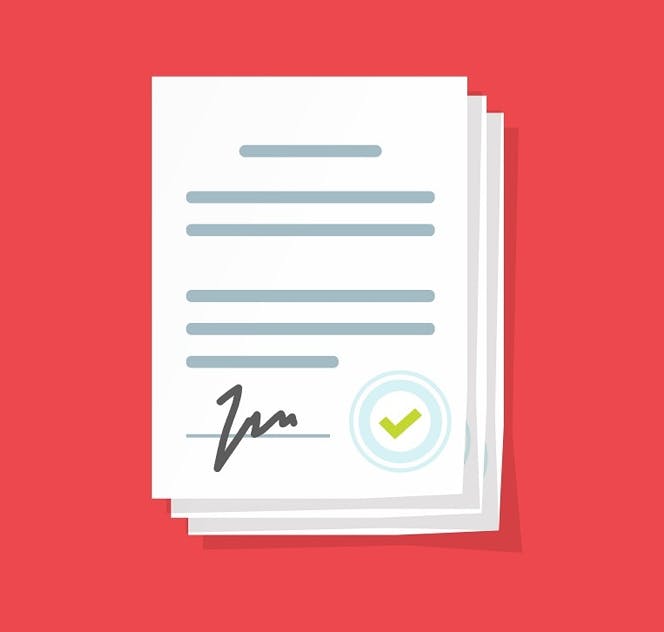It’s closing day! Time to practice your signature – a dozen times or two!
This is when you, as seller, meet with the escrow agent and put pen to paper on all types of documents related to the sale of your home. At least you don’t sign as much as the buyer – usually.
You can have your attorney attend the signing to ensure everything is on the up and up but it’s usually not necessary. Nor is it customary to have your real estate agent attend, since he/she doesn’t have a particular role at this point. Escrow is the orchestra leader now!
Let’s be clear: This is not the same as settlement, which typically takes place a day or two later. That final step is when escrow records the deed and other buyer-related papers with the county.
Ownership of the home takes place once the documents are recorded, funds are transferred to seller and keys to the home are handed over to the buyer. There are some scenarios where both parties agree in writing to have the seller live in the home a few days (or even weeks) later or the buyer move in earlier to smooth out their living situation, but it is highly recommended you avoid any such arrangements as they can lead to messy legal issues.
Escrow will coordinate the payoff of your mortgage (if there is one) followed by the transfer of net proceeds from the home sale to your designated bank account (or in some cases through a cashier’s check). That all takes place after the buyer completes his/her part of the signing process (the buyer almost always signs after the seller) and the recording numbers are received. (Recording numbers can be found on the King County Recorder’s site.)
There are many items that can cause a delay in settlement, ranging from clerical errors to loan documents lost in the mail. So, don’t go spending any home-sale funds without seeing it first hitting your bank account.
Firms representing real estate brokers working for both sides of the transaction will also receive their commissions; brokers obtain their portion from their real estate firms. The commission is usually split equally between each firm.
Escrow can actually conduct the signing process with sellers and buyers anywhere and sometimes accommodates people who are, for example, extremely busy or immobile. Escrow may be able to complete the signing and recording of documents in the same day but that’s uncommon.
You and any co-seller will need to show the escrow representative an acceptable form of identification. This can be a current driver’s license, valid passport, State of Washington Department of Licensing ID card or active military ID. The name on your ID must match the name on all signing documents; that includes the names of people who are newly married or recently divorced.
Your co-seller, often a spouse, is required to sign all key documents even if this person is not listed on title. Married couples in the process of divorce or separation will require additional documentation from a real estate attorney to ensure everyone – and everything – is on the up and up.
There is a lot of paperwork to examine, understand and sign. You’ll pen your name anywhere from 10-20 times on legal disclosures, tax records and more. The process can take about an hour – sometimes longer for more complicated transactions where multiple parties are involved. It’s wise not to schedule appointments soon after signing, just in case the process needs more time.
You’ll receive copies of everything you signed, including the disclosure statement, which should be retained for tax purposes the following year.
Congrats! You’ve completed your part of the home sale.




